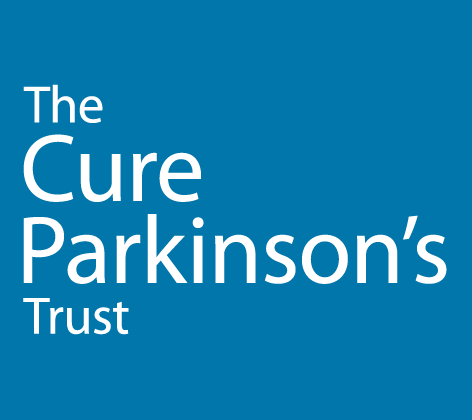HYPE?
Media portrayal:


HOPE?
Scientific interpretation:
Changes in the gut may be a risk factor for Parkinson’s disease
Original article: Gut microbiota regulate motor deficits and neuroinflammation in a model of Parkinson’s disease, Cell: Dec 1, 2016
The takeaway
Bacteria in the gut plays a role in regulating movement disorders, such as Parkinson’s, in mice. Certain changes to the bacterial makeup of the gut may be a risk factor for developing the disease, supporting the idea that Parkinson’s may start in the gut, rather than the brain.
Why is it important?
Several studies in recent years have shown that there is a link between the gut and Parkinson’s. In fact, many people who go on to be diagnosed with the disease report problems with constipation years before the onset of motor symptoms. A better understanding of this link gives scientists new insight into how the disease begins and opens new avenues for investigating ways to slow its progress.
%
IMPACT
- Novelty 100%
- Proximity 60%
- Deliverability 80%
Impact
“This study presents additional evidence linking the GI tract and Parkinson’s disease and begs the question—is it possible that the bacteria that we normally have in our gut may be altered in PD and trigger the initial steps in the disease process?“ Dr. Patrik Brundin
The details
Although scientists have known for a while that the bacteria in the gut—collectively known as microbiota—can affect normal processes in the brain and nervous system, it was not clear how they influenced the development of diseases such as Parkinson’s. This study addresses that issue and, using microbiota samples from people with Parkinson’s (obtained from feces) and transplanting them into mice, found that gut microbiota can promote inflammation, influence the activation of certain brain cells as well as the onset of motor problems, and the spread of alpha-synuclein, a protein that makes up Lewy bodies found the brains of people with Parkinson’s.
Further to this, the addition of microbiota from Parkinson’s donors in mice with existing excess alpha synuclein enhanced physical impairments compared to microbiota transplants from healthy donors. These findings suggest that gut bacteria can regulate movement disorders in mice and alterations in the human microbiome represent a risk factor for Parkinson’s.
Related work
There has been much interest and supporting research into the gut microbiome and Parkinson’s in recent years. For example, a 2014 study which looked at fecal samples also found the intestinal microbiome to be altered in the people with Parkinson’s and related to motor symptoms. Another more recent study also suggests implications for non-motor symptoms and quality of life.
Where can I learn more?
- Scientific article
- CPT web story
- Related research 2014
- Related research 2016
- Scientific American article 2018
Listen to an interesting BBC Gateway to the Mind radio episode looking into the connection between the gut and Parkinson’s as well as other disease areas.
Original article: Sampson TR, Debelius JW, Thron T, Janssen S, Shastri GG, Ilhan ZE, Challis C, Schretter CE, Rocha S, Gradinaru V, Chesselet MF, Keshavarzian L, Shannon KM, Krajmalnik-Brown R, Wittung-Stafshede P, Knight R, Mazmanian SK. Dec 1, 2016. Gut microbiota regulate motor deficits and neuroinflammation in a model of Parkinson’s disease. Cell 167(6):1469–1480.



